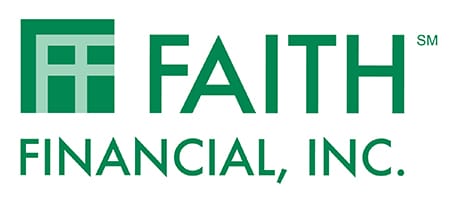A 529 plan is a state-sponsored education savings program that allows an individual to save in a tax-deferred account to pay for a beneficiary’s post-secondary education at any accredited school in the United States. Unlike Coverdell Education Savings Accounts, which excludes joint filers with adjusted gross incomes (AGIs) above $220,000 and single filers with AGIs above $110,000, there are no income restrictions on those contributing to the plan.
529 plans come in two categories: Prepaid Tuition Plans and College Savings Plans. Listed below are some of the features of a College Savings Plan.
Taxation of Withdrawals
529 plan withdrawals are federal income tax-free as long as the money is spent on tuition, room, board, books, or other qualified expenses. Non-qualified withdrawals will require a 10% penalty on investment gains and will be taxed as ordinary income at the owner’s rate.1
Contributions
Unlike Coverdell Education Savings Accounts where annual contributions are limited to $2,000 annually, contributions to 529 College Savings Plans are essentially unlimited. Many states, however, do tend to limit contributions once plan assets have reached a defined maximum (typically $200,000 – $250,000).
Further, individuals can give up to $13,000 annually (or $65,000 under a special 5-year provision2) per beneficiary without incurring the federal gift tax.
Flexibility and Control
Plan assets can be used to pay for qualified higher education expenses at accredited colleges and universities nationwide that are eligible to participate in certain federal student aid programs. These include public and private colleges and universities, graduate schools, two-year community colleges, and vocational-technical schools.
The donor retains control over the account. Unlike custodial accounts, under the Uniform Gifts to Minors Act, the money in a Section 529 College Savings Plan does not automatically become property of the child at age 18. The donor also may change beneficiary as long as it is within the same family.
Minimum Investment
Many plans have low initial minimums of $500 or $1,000 and can usually be arranged for automatic investments of as little as $50 or $100 a month.
Summary
You have many choices when saving for a child or grandchild’s college education. Be sure to consider the newly enacted Section 529: College Savings Plans when making your decision.
1An investor’s home state may only offer favorable state income tax treatment for investments made in a plan offered by such state. Selecting a state plan where you are not a resident may limit your ability to take advantage of any available state income tax exemptions or state tax deductions for contributions that your resident state offers. Certain state plans may impose a penalty for “non-qualifying” withdrawals and if you were able to deduct the original contributions on your state income tax return, there may be a state “recapture” of income tax due.
2This requires that no further gifts are made over the five-year period and that the gift is treated as a series of five equal annual gifts on the next federal gift tax return after the gift is made. Failure to survive the five-year period may result in a portion of the gift being included in the donor’s estate for estate tax purposes.
Material discussed is meant for general illustration and/or informational purposes only and it is not to be construed as tax, legal, or investment advice. Although the information has been gathered from sources believed to be reliable, please note that individual situations can vary therefore, the information should be relied upon when coordinated with individual professional advice.
© Copyright 2015 AgentQuote.com




















